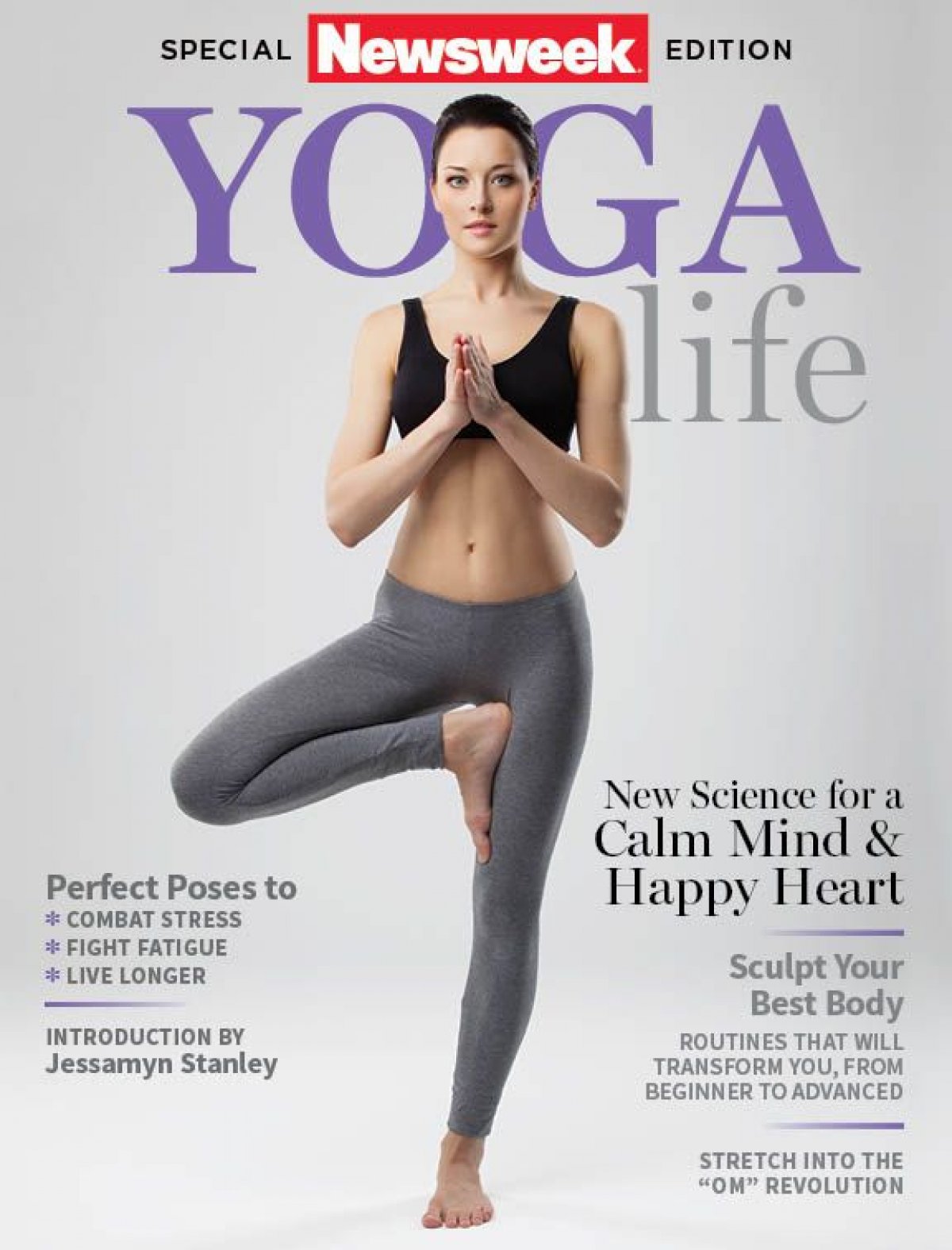
This article, by Issue Editor Trevor Courneen, and other articles about everything yoga, are featured in Newsweek's new Special Edition, Yoga Life.
The earliest discovered texts of Hinduism, known as the Vedas, date back to 1700 B.C. Within the Vedas are four texts, the Rig Veda, the Yajurveda, the Samaveda and the Atharvaveda, which contain the earliest usage of the term "yoga" and include teachings now classified as Vedic Yoga.
Accepted as the source of Hinduism, the Rig Veda is the oldest of the Vedic texts. "Veda" translates to "knowledge" in Sanskrit, while "rig" means "praise." In the Yajurveda, Samaveda and Atharvaveda texts, Hinduism is presented as a complete lifestyle rubric as well as a religion with yoga featured prominently as a means of merging the physical with the spiritual realm.
PRE-CLASSICAL
Beginning with the development of the Upanishads, the pre-classical era of yoga continues to expand the Vedic teachings. Developed by Vedic priests known as Brahmans and Rishis, the Upanishads are comprised of 200 scriptures including the Bhagavad-Gîtâ, which was written around 500 B.C. shortly after the arrival of Buddhism's teachings of meditation. The overarching theme of the Upanishads revises the Vedic teaching of ritual sacrifice to become a sacrifice of the ego via self-knowledge, action and wisdom, yielding the variants Karma yoga and Jnana yoga.
CLASSICAL
The classical period of yoga, believed to have taken place in the second century, is marked by the arrival of the Yoga-Sûtras. Created by a sage named Patanjali, these texts are the first systematic presentation of yoga, known as Raja. Patanjali's Yoga-Sûtras lay the teachings out in an eight-limbed path toward enlightenment. Much of today's yoga contains strong Raja influences, and many consider Patanjali the father of yoga.
POST-CLASSICAL
Expounding on the teachings of Patanjali in the centuries after the classical era, yoga masters of the post-classical period focused on the physical body with the objective of rejuvenation and prolonging life. Using unorthodox techniques for cleansing the body and mind, the post-classical masters would eventually develop Tantra yoga. Their further exploration of bridging the physical and spiritual gap through body-focused practices would later result in Hatha yoga, the version most commonly associated with the West.
MODERN
The transition from the 19th century to the 20th century brought yoga to the West as traveling masters continued gaining notoriety and followers. At the 1893 Parliament of Religions in Chicago, Swami Vivekananda ignited interest in attendees with lectures on yoga and the oneness of the world's religions. The first Hatha yoga school would open in Mysore, India, in 1924, but it would be more than two decades before the practice would officially arrive in the West. Riding the steady wave of popularity spreading across the globe, Indra Devi would open the first Western yoga studio in Hollywood, California, in 1947. From that point on, yoga would slowly but steadily expand both its geographical reach and cultural influence as celebrity proselytizers help market yoga as both a fashionable practice and way of life.
This article was excerpted from Newsweek's Special Edition—Yoga Life, by Issue Editor Trevor Courneen. For more about the newest—and oldest—workout craze, pick up a copy today.

Uncommon Knowledge
Newsweek is committed to challenging conventional wisdom and finding connections in the search for common ground.
Newsweek is committed to challenging conventional wisdom and finding connections in the search for common ground.
About the writer
To read how Newsweek uses AI as a newsroom tool, Click here.








